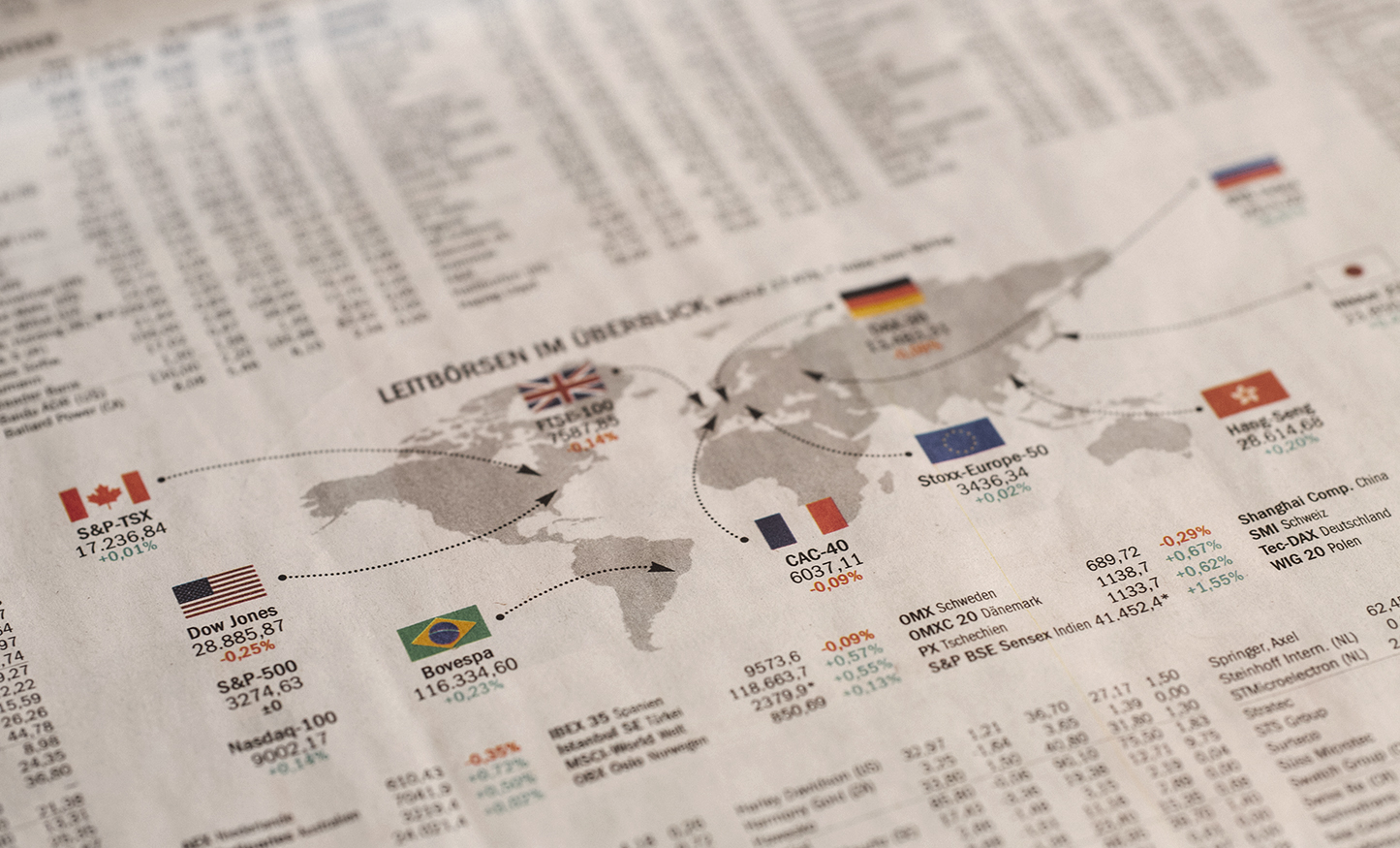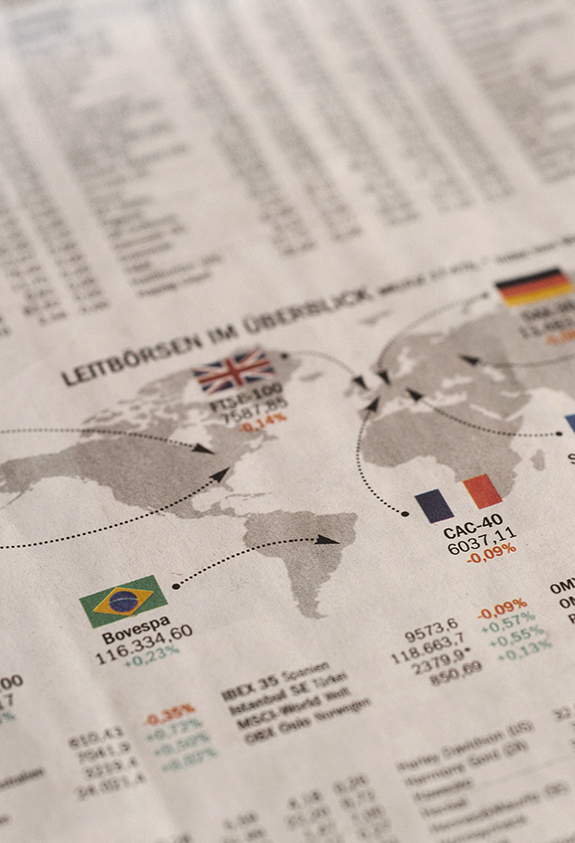


For the past few weeks, members of our faculty have been assessing the current and future impacts of COVID-19 within their areas of expertise, namely hospitality, luxury and entrepreneurship. Now Emmanuel Jurczenko, our Director of Graduate Studies, looks at the broader, macroeconomic picture.
The current coronavirus situation is profoundly impacting all types of businesses. With the temporary cessation of some businesses, and activities slowing down for many, the consequences of the pandemic are even worse for the world economy than the ones following the Global Financial Crisis in 2007-08.
As you’ll know, the first country to suffer from the impact of COVID-19 was China, the second largest economy worldwide. The drastic lockdown, which required a number of significant manufacturing companies and retail businesses to close or reduce their activities, has drastically slowed down the Chinese economy.
China’s manufacturing shock
According to a report by the China Enterprise Confederation (CEC) on March 6th, over 95% of the 299 large manufacturers surveyed had seen a revenue drop. In terms of consumption, compared to 2019, retail sales in January and February were down 20.5%. Even though consumption started to be impacted by the pandemic in January, all retail sales apart from necessities were frozen as of February for almost the full month.
Fortunately, as China has been able to limit the spread of the virus, Chinese manufacturers have returned to full capacity. However, with the rest of the world going through various stages of lockdown, the country’s economy is undergoing a second hit due to its overseas markets shutting down. Based on a paper from IMF economists, China will suffer from the cutback in global demand which accounts for 20% of the Chinese economy.
According to Fan Gang, one of China’s top economists, we can expect a progressive recovery for China. However, based on a study from Cefuture, a Chinese logistics and transportation consulting firm, 41% of citizens aim to reduce their spending as a precautionary measure for future unexpected events, whereas only 8% plan on shopping more after the outbreak. Although this could be worrying for businesses who rely on domestic custom, the expected recovery of China as a whole still brings hope and optimism to the rest of the world, where the situation is still evolving – especially in Europe and the United States.
US blues
In the United States for instance, with the quarantine measures continuously reducing economic activities, economists at Morgan Stanley have predicted a drop of 30% in consumption and a level of unemployment reaching approximately 12.8% in the second quarter of the year. Indeed, the impact of the pandemic cannot be taken lightly, as it affects everyone directly or indirectly. The travel industry is among the sectors suffering the hardest hit, due to the travel restrictions implemented by governments worldwide.
With all the uncertainty lying behind COVID-19, we can expect the global market to be quite volatile, with no global growth this year. According to the Organisation for Economic Cooperation and Development (OECD), 2020 can see an estimated 2.4% decline for the global economy, before a growth of 3.3% next year.
Tom Rafferty, main economist for China at The Economist Intelligence Unit, suggests that, by next year, the global demand and supply should be back to normality. To achieve this result, policymakers have been obliged to review economic and business policies in order to mitigate the severity of the impact. However, the virus itself remains the last factor which will decide when each country can get back to a more ‘regular’ economic footing. Hopes are rising for a vaccine; but this is by no means guaranteed.
As I see it, the pandemic will continue to disturb the global market; therefore it is essential that we all work together to successfully get through this challenging time.

















